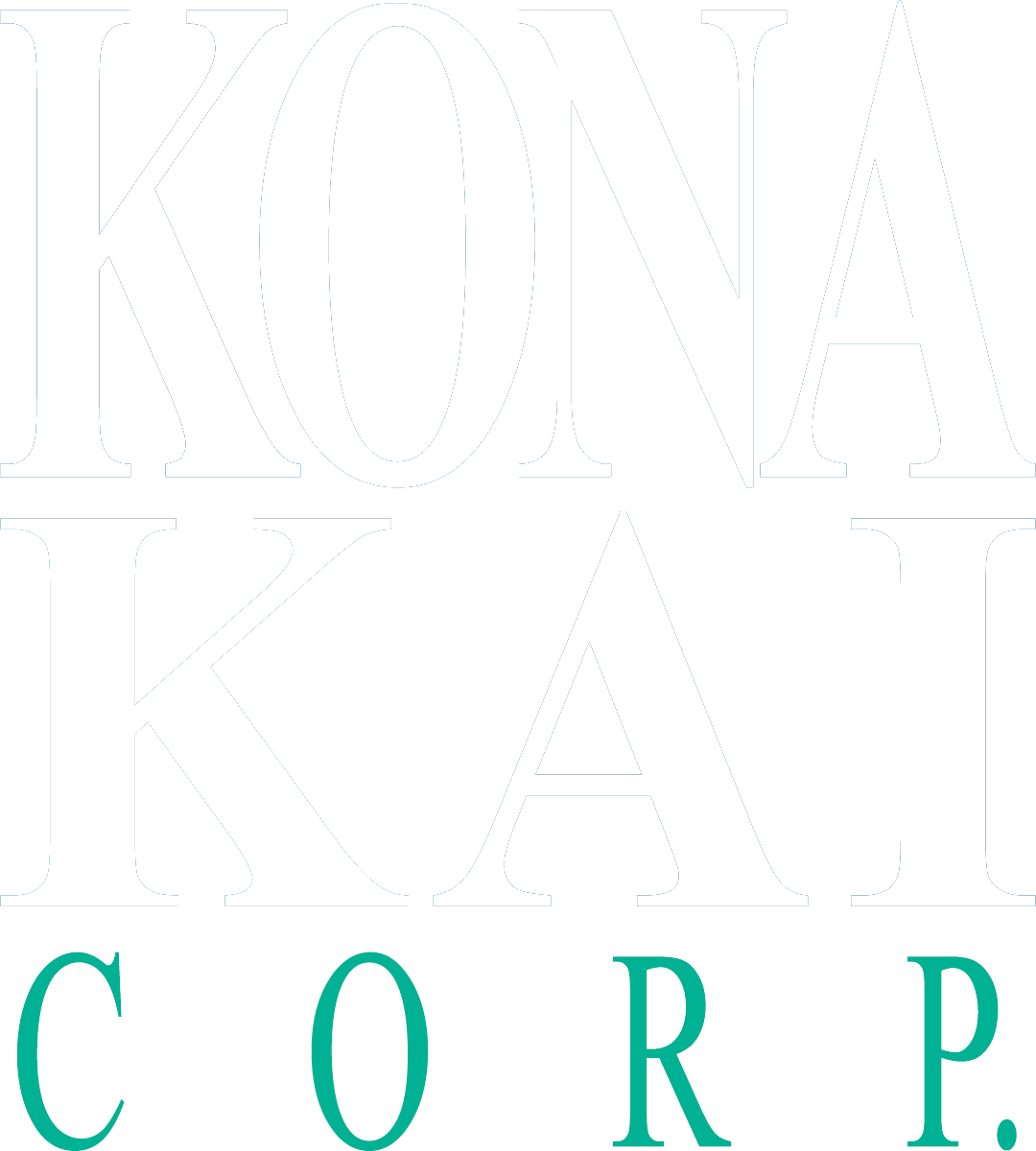Centralized CRM: Enhancing Data Integrity Through Communication Preferences
In today's digitally interconnected world, businesses engage with their customers across multiple channels, from email to social media to in-person interactions. While this provides ample opportunities to connect with customers, it also introduces complexities in managing and maintaining accurate customer data, particularly when it comes to communication preferences.
Data integrity, the accuracy, consistency, and reliability of data, is crucial for businesses aiming to deliver personalized and targeted communications effectively. However, with preferences being updated through various channels, ensuring data integrity becomes a daunting task. This is where a centralized Customer Relationship Management (CRM) system plays a pivotal role. A centralized CRM system ensures that businesses maintain accurate, up-to-date preference data, fostering trust, compliance, and personalized customer experiences.
Why Managing Communication Preferences Matters
Customers interact with businesses through different touchpoints, each offering an opportunity to update their preferences. For example, a customer might update their email preferences through a marketing email, modify their communication preferences during a phone call with customer service, or indicate their preferences through a social media engagement. Consumers expect control over how businesses communicate with them. Mismanaged preferences can lead to dissatisfaction, regulatory penalties, and data inconsistencies.
Centralized CRM systems streamline the process, ensuring that every team operates with the same updated information. Without a centralized system to capture and consolidate these updates, businesses risk fragmenting customer data across disparate platforms. This fragmentation leads to inconsistencies, duplication, and outdated information, ultimately resulting in a disjointed customer experience.
How Centralization and Data Integrity Can Help
A centralized CRM serves as a single source of truth for customer data, including communication preferences. By capturing and storing preferences in a centralized location, businesses can ensure data integrity and deliver seamless communication experiences across all channels. Here's where a CRM comes in:
Consolidation of Data: A CRM aggregates customer data from various touchpoints into a unified database. This consolidation eliminates silos and provides a comprehensive view of each customer, including their communication preferences.
Real-Time Updates: With a centralized CRM, updates to communication preferences are reflected in real-time, ensuring that businesses always have the latest information at their disposal. Whether a preference is updated through email, phone, or social media, the CRM instantly captures and updates the record.
Personalized Communication: Armed with accurate preference data, businesses can deliver personalized communications tailored to each customer's preferences. Whether it's the frequency of emails, preferred communication channels, or content preferences, businesses can customize their outreach to maximize relevance and engagement.
Compliance and Consent Management: In an era of stringent data privacy regulations such as GDPR and CCPA, along with CAN-SPAM, maintaining compliance is paramount. A centralized CRM facilitates consent management by documenting and tracking customer consent for communication, ensuring that businesses adhere to regulatory requirements.
Enhanced Efficiency and Productivity: By streamlining data management and automating communication workflows, a centralized CRM enables businesses to operate more efficiently. With less time spent on manual data entry and reconciliation, teams can focus on high-value activities such as strategy development and customer engagement.
The Key to Accurate, Personalized Communication
In an increasingly data-driven business landscape, maintaining data integrity is non-negotiable. Centralizing customer communication preferences within a CRM is the cornerstone of effective data management, enabling businesses to deliver personalized, relevant, and compliant communications at scale.
By investing in a robust CRM system, businesses can future-proof their operations, foster stronger customer relationships, and gain a competitive edge in today's dynamic marketplace. After all, when it comes to customer communication, accuracy and consistency are the keys to success.
Trust Your Data Again
Engaging a consulting company for your CRM project is a strategic move that offers invaluable expertise and experience. Kona Kai brings a deep understanding of industry best practices, various CRM platforms, and the complexities associated with the set up and management of preference centers. Our tailored approach ensures a unique solution aligned with the organization's specific needs, expediting the deployment process and minimizing downtime. By proactively identifying and mitigating risks, we reduce the likelihood of disruptions and data loss. Moreover, our support in change management and training programs facilitates a smoother transition for the organization, ultimately leading to more efficient, cost-effective, and future-proofed CRM.
Contact us to begin your evolution.
INSIGHTS












